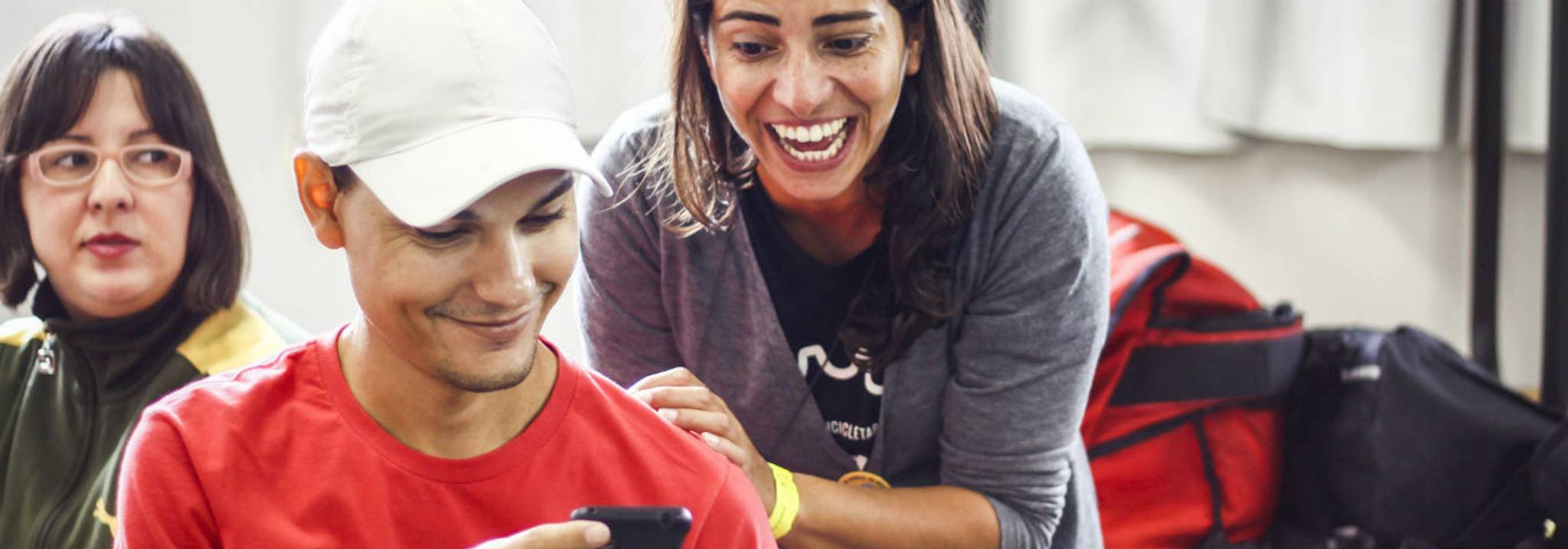
Marketing in the third sector comes with some difficult challenges. Convincing people to spend on mosquito nets or vaccines for families they’ll never meet is hardly easy, especially when competing for the same resources, and on the same field, as consumer goods. But the application of behavioural insights in the right way can help.
Because consumer goods aren’t the only challenge this sector faces right now. “Aggressive street collecting, cold-calling and intrusive junk mail are just some of the tactics facing scrutiny,” writes Sam Shaw, head of insight at Canvas8. “The latest Charities Aid Foundation UK Giving report showed that over a 10-year period, people are giving considerably less when inflation is considered. Even if a few charities are benefiting economically from this tactic, the whole sector is losing out.”
Last week, at Good Bites – informative breakfast sessions hosted by the GOOD Agency – Canvas8 presented some of the behavioural trends we’re likely to see developing further in 2017, from people taking control of their social circles to a desire to reconnect with all things authentic. Among these, is the rise of positive emotions.
Positive psychology and its stake in subjective well-being rose in academic circles in the early 2000s, but dedicated research and headlines like, 'The Secret to Happiness? Spend Money on Experiences, Not Things' and 'Money Can Buy Happiness If You Spend It On Others' have helped shoppers begin to think more broadly about their evaluation of value. The rewards offered now include considerations of happiness and satisfaction.
This thinking has made way for the appeal of ‘buy one give one’ models, despite their global implications, and set the stage for platforms like Promise or Pay, which uses behavioural science to create a more engaging way to help customers improve themselves while contributing to positive social change.
Building on rising trends like this, Annie Moreton and Reuben Turner – creative director and strategy director at the GOOD Agency respectively – took behavioural insights from the consumer world, and turned the focus specifically on what they mean for their clients in the charity sector, opening conversations around how charities can connect with donors in the ‘now’ to increase emotional connection and get greater donation loyalty in the future. Rooted in a deep understanding of how brands fit into our lives, the Good Agency is using behavioural insights to help change the world.
Alex Caminer is Canvas8’s Senior Behavioural Strategist at Canvas8. Living at the intersection of psychology, physics and economics, he smiles at irrationality and enjoys being puzzled.